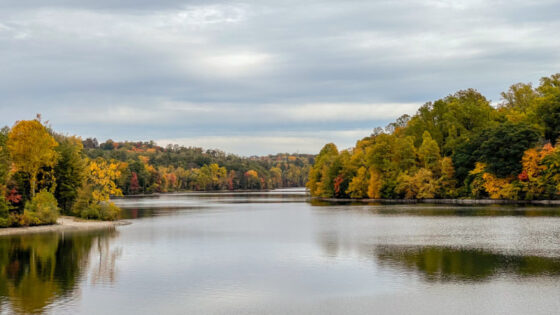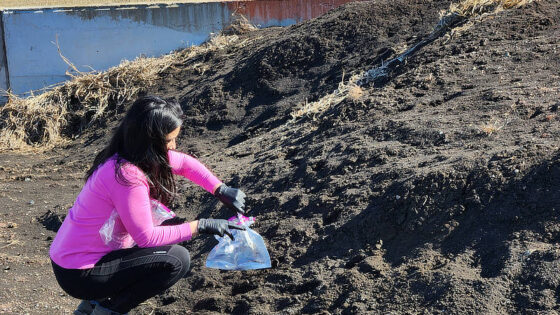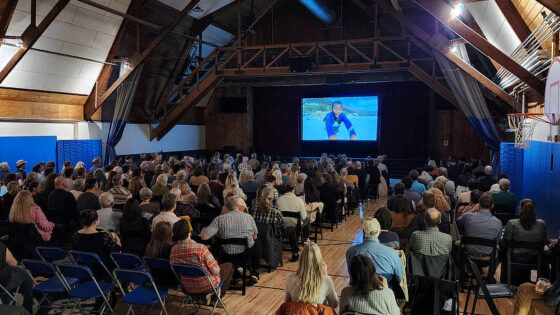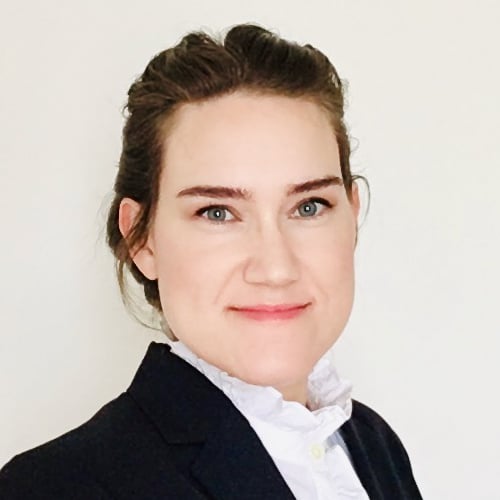
A life form so small it can’t be seen by the naked eye can change everything. That’s what happened when the virus that causes COVID-19 shook the world.
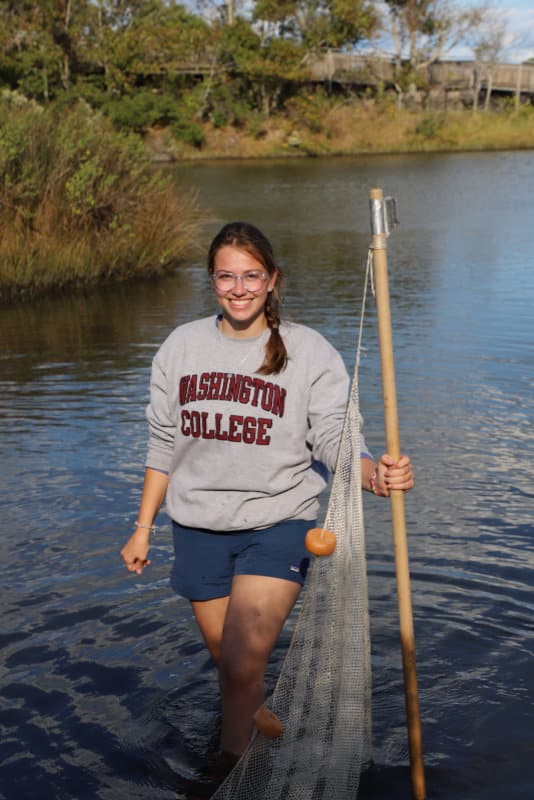
It was the spring of 2020, and Sylvie Randall, a student at Washington College, was poised to begin an internship working in the Microbiology Group at Stroud Water Research Center. She was meant to help the team investigate how microorganisms like algae and bacteria impact water quality.
A virus — another kind of microbe — could have threatened her plans, but Jinjun Kan, Ph.D., who leads the group, pressed on. Facing a public health crisis, it seemed more important than ever to continue scientific research designed to protect the sources of clean fresh water that humans, plants, and animals need to survive.
“Science is our future,” says Randall. “Everyone uses science whether they know it or not. We are all scientists when we cook or bake, when we use soap, and it’s within the clothing we wear and the food we eat.”
Science is also needed to tackle the world’s greatest challenges — from climate change to water pollution to the next pandemic.
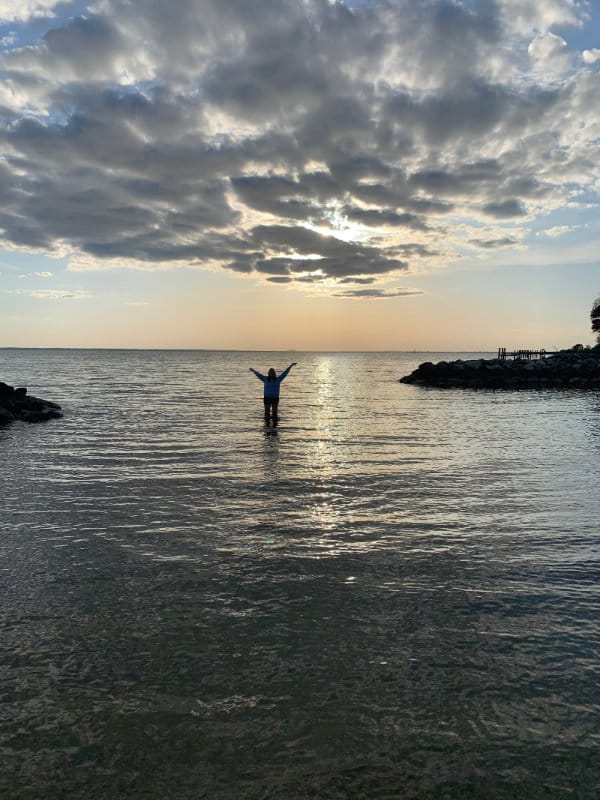
It’s the ability to create positive change amid such challenges that drives Randall. “It has been very important to me to find a career path that centers around the environment and the well-being of all beings here on Earth. I became especially interested in microbiology when I took a course in college. I had no idea how integral microbes were within us and our environment,” she says.
“Integral” because they regulate the flow of energy. Not all microbes are bad. In fact, without them, polluted streams would lose their ability to self-purify in the same way that humans would lose their ability to digest food.
Since working at the Stroud Center, first as an intern and now as a staff scientist, Randall has enjoyed combining her passions for science and water in an environment she says is inclusive and offers opportunities to collaborate with other research groups and bond with intelligent colleagues who share her values — especially freshwater stewardship.
“My life has always centered around water,” she says. “As long as I can remember, my dad was taking me canoeing, or my grandpa was taking me fishing, or I was at swim team practice or progging in the local streams and rivers with my friends. I’ve always been drawn to water and have appreciated it my entire life.”
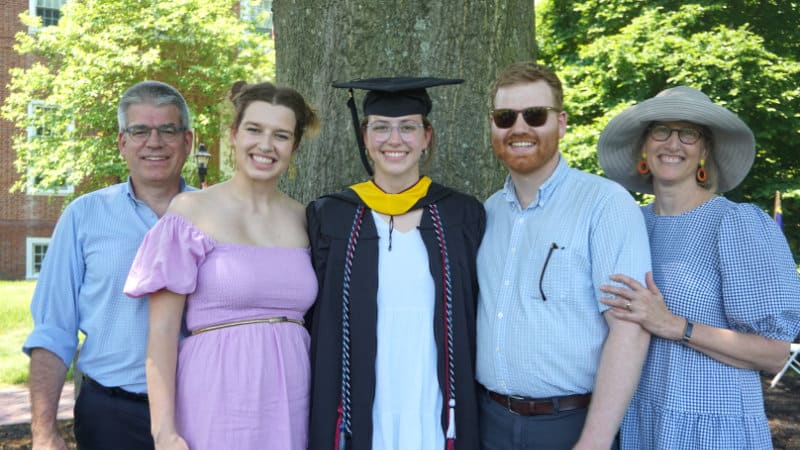
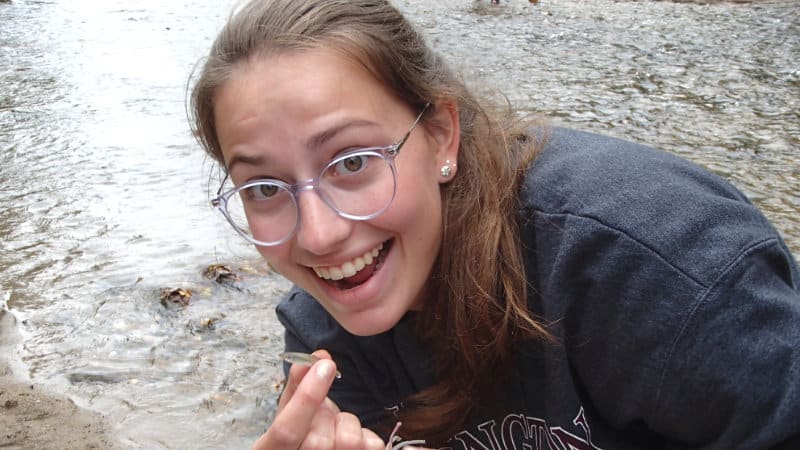
Looking ahead, Randall says she hopes to further her knowledge of microbes and their vital role on Earth. She adds, “I’d like to be able to encourage and support women in STEM and also increase the interest surrounding microbial communities in fresh water. I feel like microbiology is the last thing a person thinks about when they’re in nature, but it’s just as important as the macroinvertebrates we see.”
Randall grew up in Media, Pennsylvania, and currently lives in West Chester with her best friend. In her free time, she enjoys hiking, movies, and time spent on and in water.
Support Diversity in STEM
Women and people of color have much-needed skills, education, and experiences for helping to solve the global water crisis, but they represent only a fraction of the STEM workforce. We’re working to change that — through targeted educational, mentorship, and career opportunities — as we advance knowledge and stewardship of fresh water.
You can help women in science like Sylvie Randall protect clean fresh water. Donate today.

